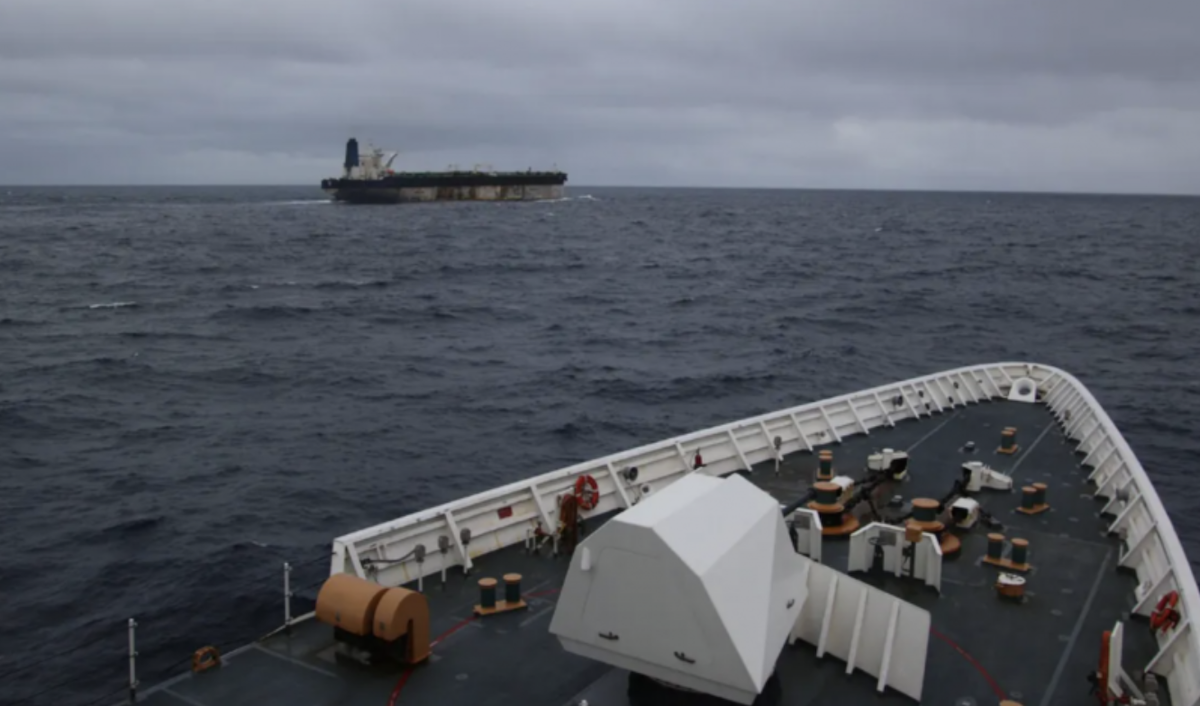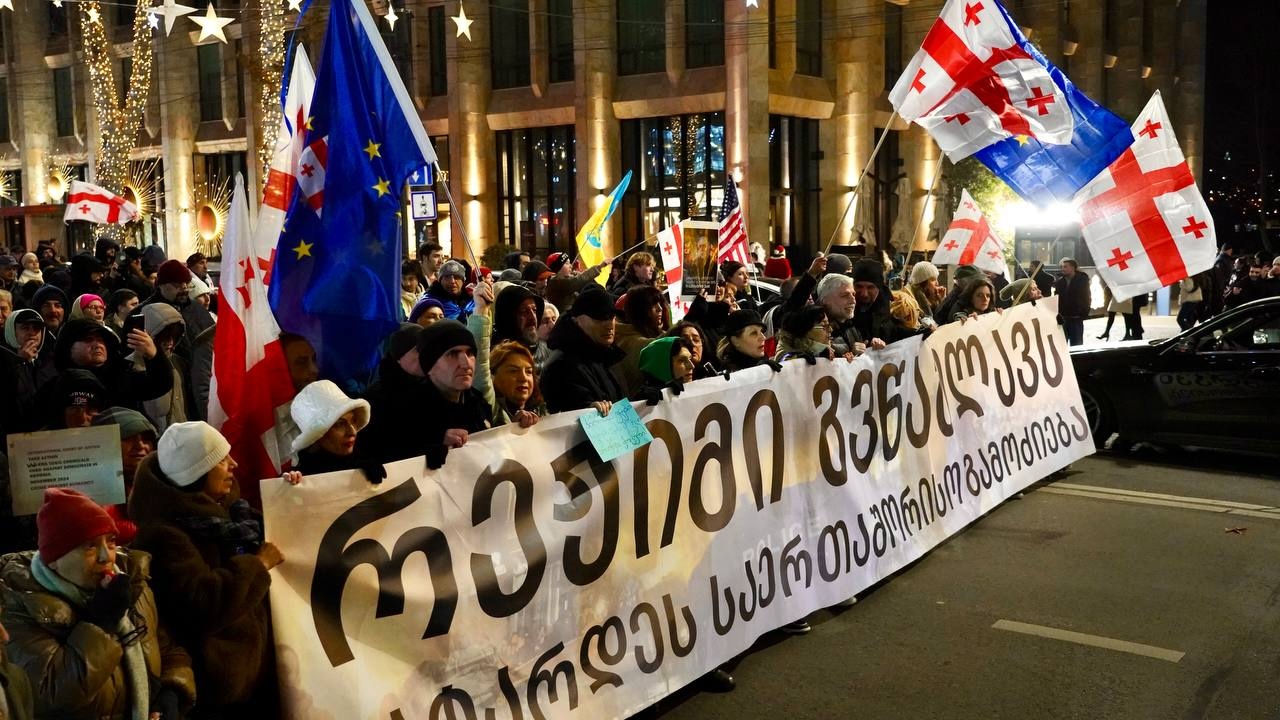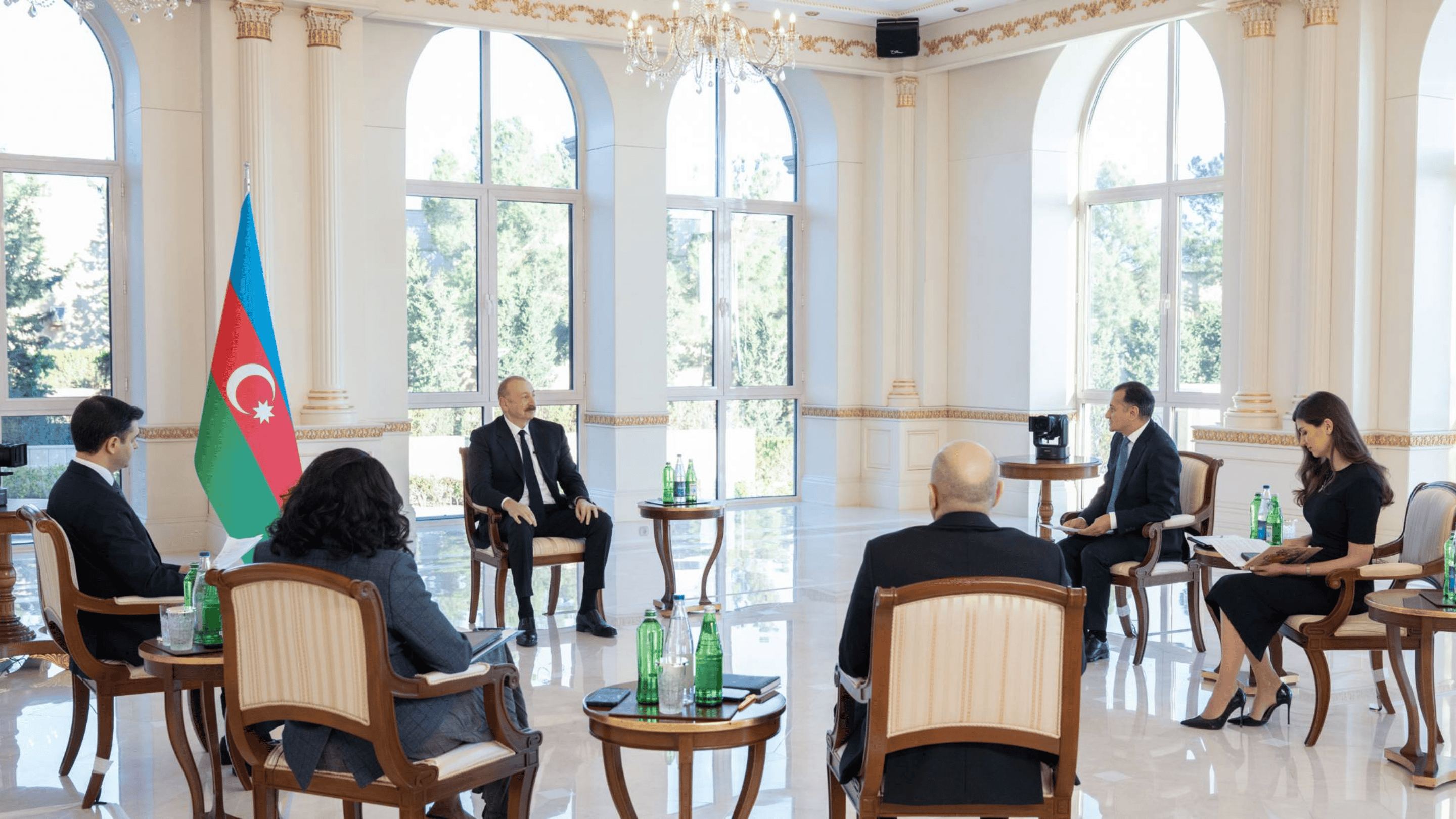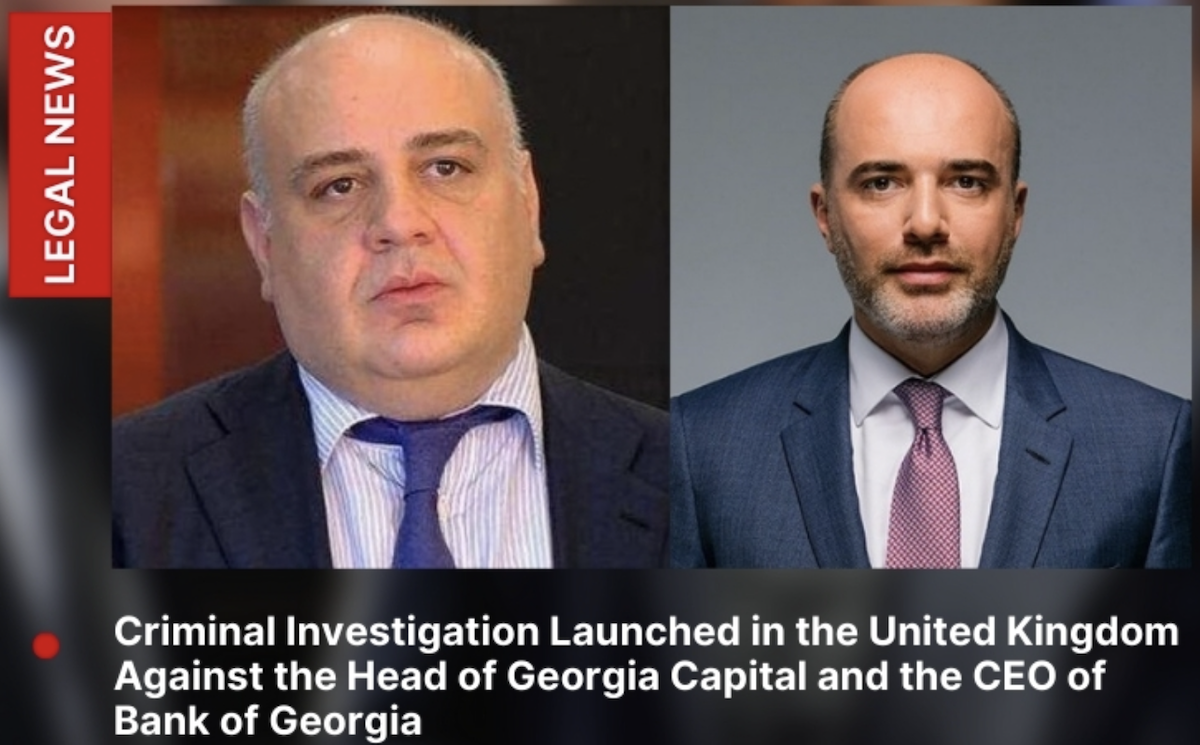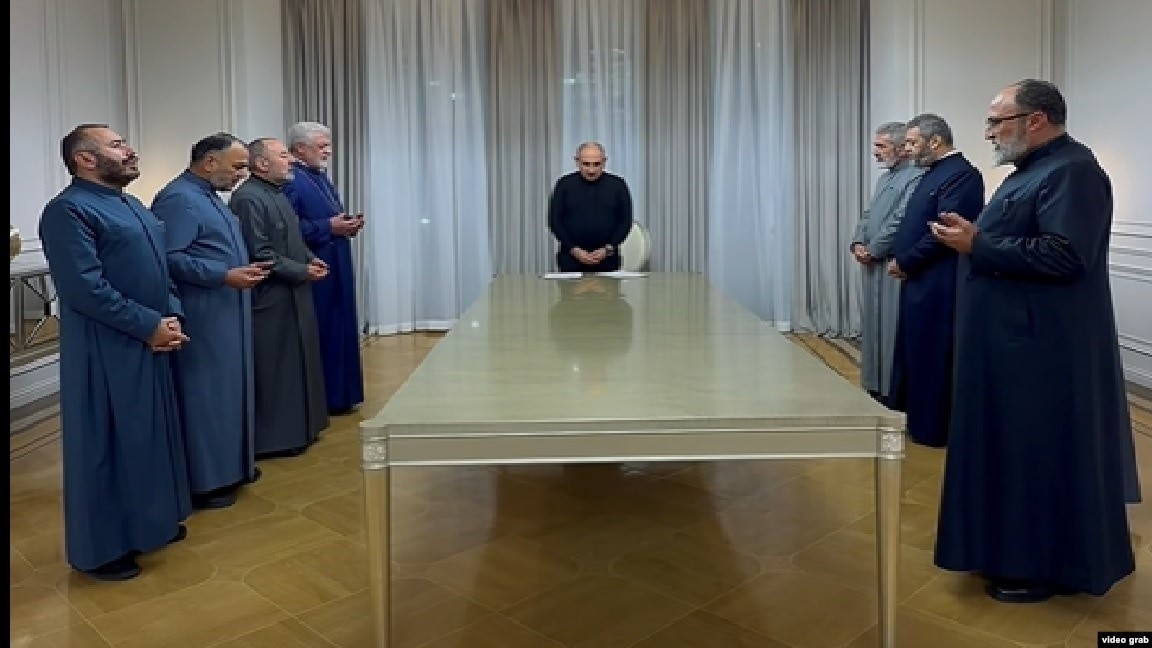Scandal brewing between Armenia and other members of CSTO military alliance
Yerevan is dissatisfied with the conduct of the Collective Security Treaty Organization’s leadership, which is currently trying to appoint a new secretary general.
Background
The Collective Security Treaty Organization (CSTO) is a regional international organization operating under the auspices of Russia. Its members are Armenia, Belarus, Kazakhstan, Kyrgyzstan, Russia and Tajikistan.
The candidature of the new secretary general was discussed at the recently-held CSTO summit of leaders in Astana.
The post was held until recently by Armenia’s Yuri Khachaturov. However, he was relieved of duty after becoming involved in Armenia’s 1 March case, in which Khachaturov stands accused of “overthrowing the constitutional system”.
Ten people lost their lives on 1 March 2008, when the Armenian military and police were called in to disperse a crowd protesting election results. Khacahturov commanded the Yerevan garrison at the time.
• Khachaturov personally led the dispersal of demonstrators, claim investigators
• Why former President Kocharyan’s arrest was considered illegal in Armenia?
• Armenia: how genocide went from taboo to national rallying point
However, Armenia does not intend to lose the post of secretary general, and according to the organisation’s regulations, Armenia will retain the mandate of the position for another year.
Why is the Armenian side upset
After a meeting during which the candidature of the new secretary general was discussed, the President of Kazakhstan, Nursultan Nazarbayev, said that the post should be taken up by a representative of Belarus.
“All the heads of [the CSTO] said that we need an acting secretary general from the Belarusian side,” Nazarbayev said.
It later became known that the President of Belarus, Alexander Lukashenko, discussed the progress of the summit in Astana with the ambassador of Azerbaijan to Minsk, Latif Gandilov.
Armenia’s reaction
Nikol Pashinyan expressed dissatisfaction over Lukashenko’s meeting with the ambassador of Azerbaijan.
• Gyumri: the Russian base that kills
• Russia selling weapons to both Armenia and Azerbaijan
Yerevan stated that Belarus should not have discussed CSTO issues with the ambassador of a country that is not a member of the organisation:
“This is almost the same as me inviting a foreign ambassador from a country that is not a member of the organization, and telling him about a meeting held in a closed door format. I am surprised that a person that has held the status of head of state for 30 years could make such a step.”
Pashinyan reacted harshly to the statement of Nursultan Nazarbayev, and stated that Armenia will insist on the appointment of its representative to the post of CSTO Secretary General:
“Statements that contradict our agreements were also made by the President of Kazakhstan, Nursultan Nazarbayev, who, after a meeting held behind closed doors, announced the imminent appointment of a representative of Belarus as the new CSTO Secretary General. No one has the right to make such statements, because in the CSTO, decisions are made on the basis of consensus, and we (the Armenian side) have already stated our position on this issue.”
New rules of the game
In addition to the statements that have already been made, Pashinyan noted that international partners will have to get used to new relations with Armenia – that of a real partnership:
“I think that all international partners should remember that their relations with Armenia will no longer be the same as what they are accustomed to. We will not be a silent listener.”
No news from Moscow
Pashinyan’s statements were made after a telephone conversation with Russian President Vladimir Putin. However, Moscow has not yet made an official statement.
Initially, Moscow sharply reacted to the accusations against Khachaturov, and demanded that Armenia first recall Khachaturov from the position and then begin criminal prosecution against him.
This situation has damaged the authority of the structure.
This factor, according to Armenian political analysts, may negatively affect the resolution of the issue.












